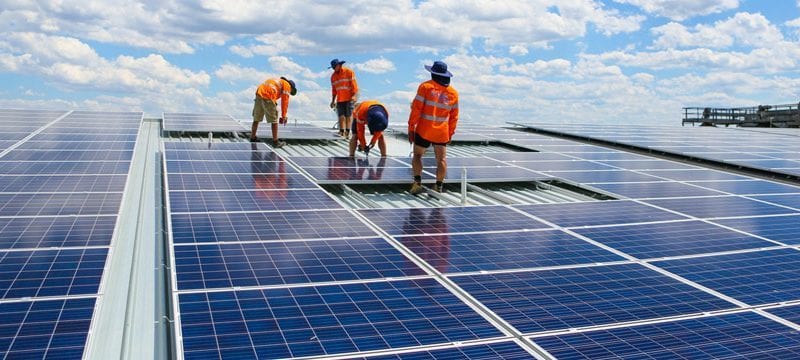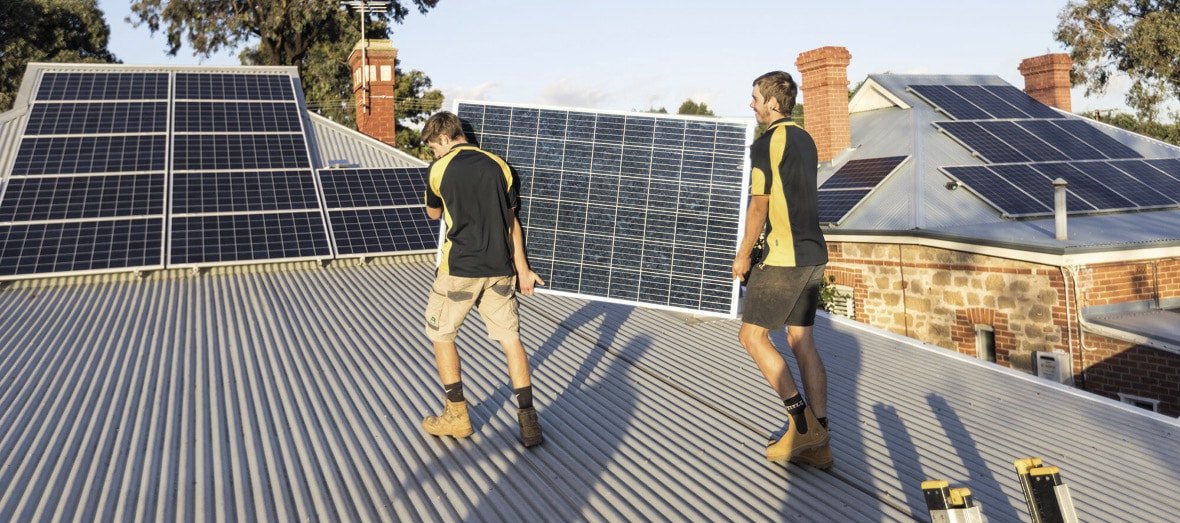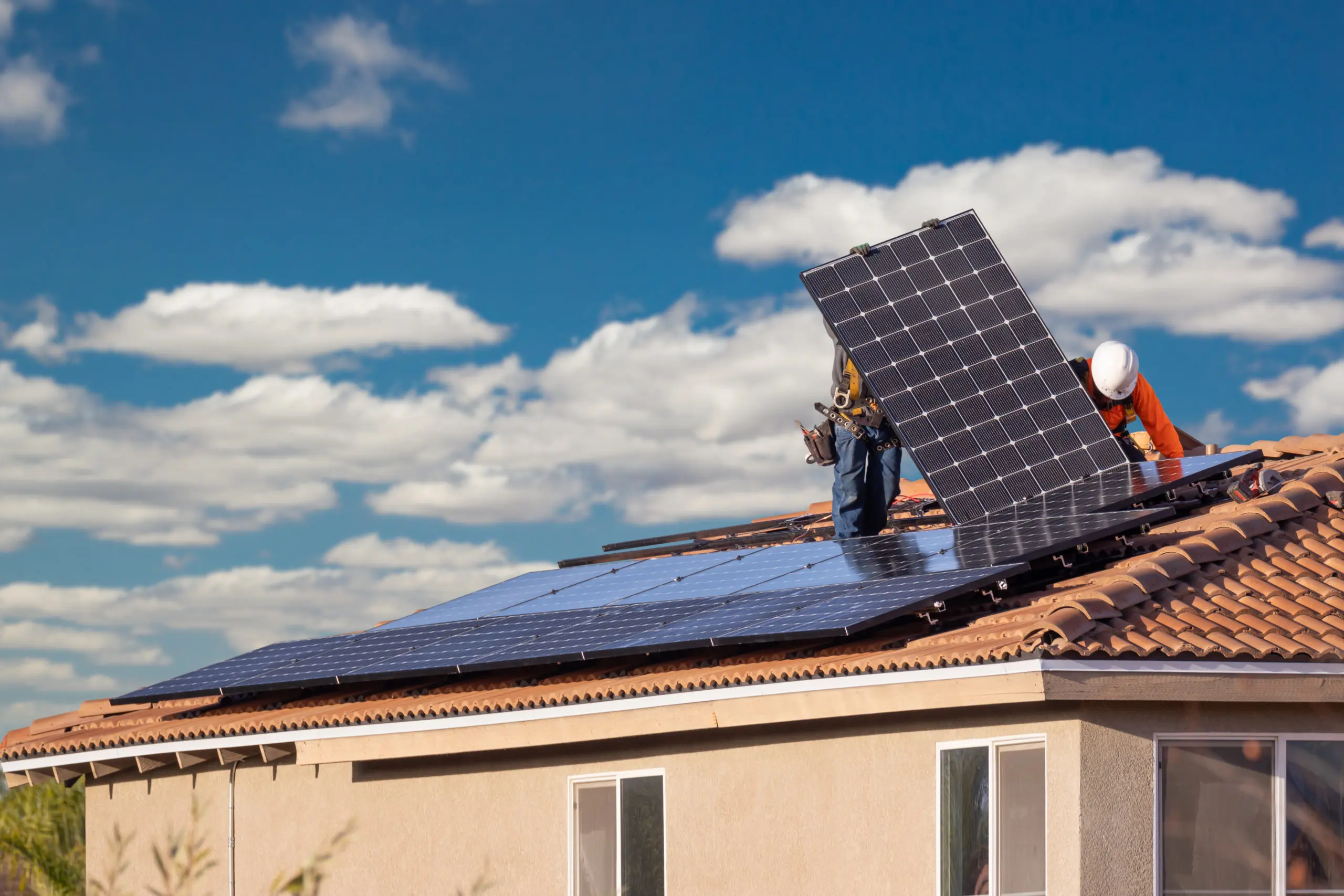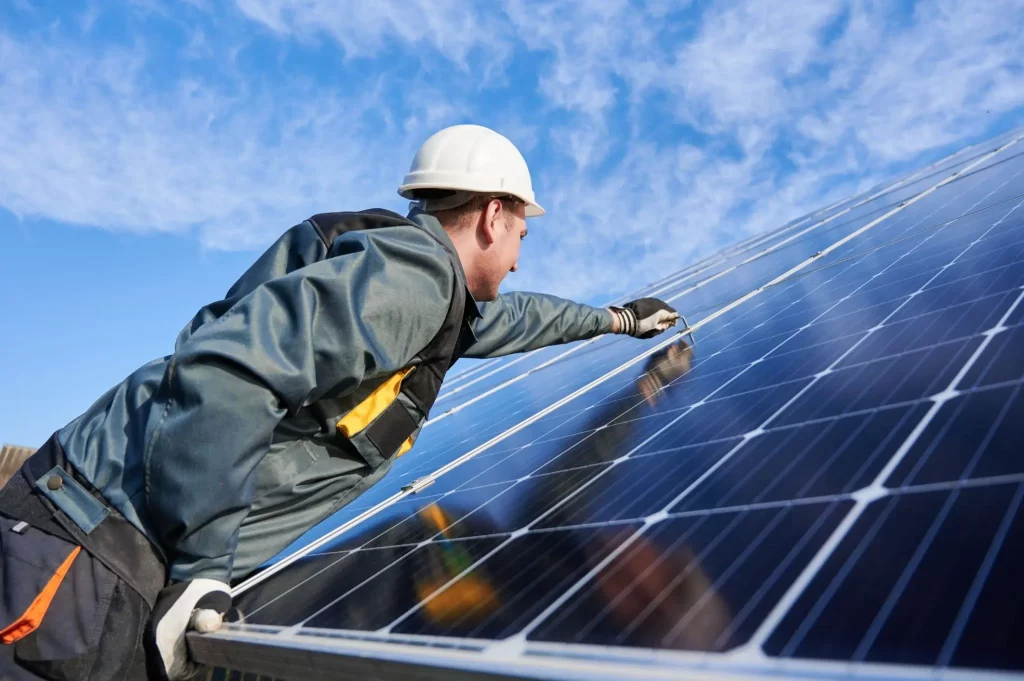Understanding the Cost of Commercial Solar Systems in Sydney, Australia
In today’s business environment, adopting renewable energy solutions like solar power is not just an eco-friendly choice but also a financially savvy decision. For businesses in Sydney, investing in a commercial solar system can be a strategic move to reduce energy costs and promote sustainability. However, before making this leap, it’s crucial to understand the costs involved. This article will explore the various factors influencing commercial solar system costs in Sydney, Australia, and offer insights into how you can make the most of your investment.
What Determines the Cost of a Commercial Solar System?
The cost of a commercial solar system is influenced by several key factors. Understanding these can help businesses budget effectively and make informed decisions.
1. System Size and Capacity
One of the most significant factors affecting the cost is the size of the solar system. Larger systems with higher capacity generally cost more but offer greater energy savings. The capacity you need depends on your business’s energy consumption. In Sydney, commercial solar systems typically range from 20kW to 100kW or more.
2. Type and Quality of Solar Panels
The type of solar panels you select can significantly affect the overall cost. There are several types available, including monocrystalline, polycrystalline, and thin-film panels.
Monocrystalline panels, recognized for their superior efficiency and elegant design, generally come at a higher price.
Despite their higher cost, their long-lasting durability and exceptional performance often make them a worthwhile investment. Investing in high-quality panels can lead to long-term savings and better performance.
3. Inverters and Other Equipment
Inverters convert the solar energy generated by your panels into usable electricity. The cost of inverters can vary depending on their efficiency and brand.
Additionally, other components like mounting systems, batteries (if you’re opting for energy storage), and monitoring systems can also affect the overall cost.
4. Installation Costs
The complexity of installation is another factor that influences cost. Installation costs in Sydney can vary based on the size of the system, the type of roof (flat or pitched), and the difficulty of accessing the installation site.
Professional installation is crucial to ensure that your system operates efficiently and meets all regulatory requirements.
5. Government Incentives and Rebates
In Australia, several government incentives and rebates can significantly reduce the cost of installing a commercial solar system.
Programs like the Small-scale Renewable Energy Scheme (SRES) and the Renewable Energy Target (RET) offer financial support to businesses.
These incentives can lower the upfront cost of your solar system and improve your return on investment.

Estimating the Cost: What to Expect
The cost of a commercial solar system in Sydney can vary widely based on the factors mentioned above. On average, businesses can expect to pay between AUD 30,000 to AUD 200,000 for a commercial solar installation.
This estimate includes the cost of solar panels, inverters, installation, and any additional equipment.
To give you a clearer picture, here are some rough estimates for different system sizes:
- 20kW System: AUD 30,000 to AUD 50,000
- 50kW System: AUD 60,000 to AUD 100,000
- 100kW System: AUD 100,000 to AUD 200,000
These estimates can vary depending on the specific needs of your business and the choices you make regarding equipment and installation.
Return on Investment (ROI) and Savings
Investing in a commercial solar system can lead to significant savings on your energy bills.
On average, businesses in Sydney can expect to see a return on investment within 3 to 5 years. Factors that contribute to your ROI include:
- Energy Savings: Reducing your reliance on grid electricity can lead to substantial savings on your monthly energy bills.
- Increased Property Value: A solar system can increase the value of your property, making it a worthwhile investment.
- Government Incentives: As mentioned earlier, government incentives can offset the initial cost and improve your ROI.

Making the Most of Your Investment
To maximize the benefits of your commercial solar system, consider the following tips:
- Work with a Reputable Solar Provider: Choose a solar provider with a proven track record in Sydney. They can help you design a system tailored to your business’s needs and ensure a smooth installation process.
- Regular Maintenance: Keep your solar system in top condition with regular maintenance. This can help prevent issues and ensure optimal performance.
- Monitor Performance: Use monitoring tools to keep track of your system’s performance and make any necessary adjustments.
Conclusion
Understanding the cost of a commercial solar system in Sydney is the first step towards making a smart investment.
By considering factors such as system size, panel quality, installation costs, and government incentives, you can make an informed decision that aligns with your business’s energy needs and financial goals.
Investing in solar power not only helps reduce your operational costs but also contributes to a more sustainable future. With the right approach and careful planning, your business can enjoy the benefits of solar energy while making a positive impact on the environment.
If you’re ready to explore the possibilities of commercial solar systems, reach out to local experts in Sydney to get a customized quote and take the first step towards a brighter, more sustainable future.






